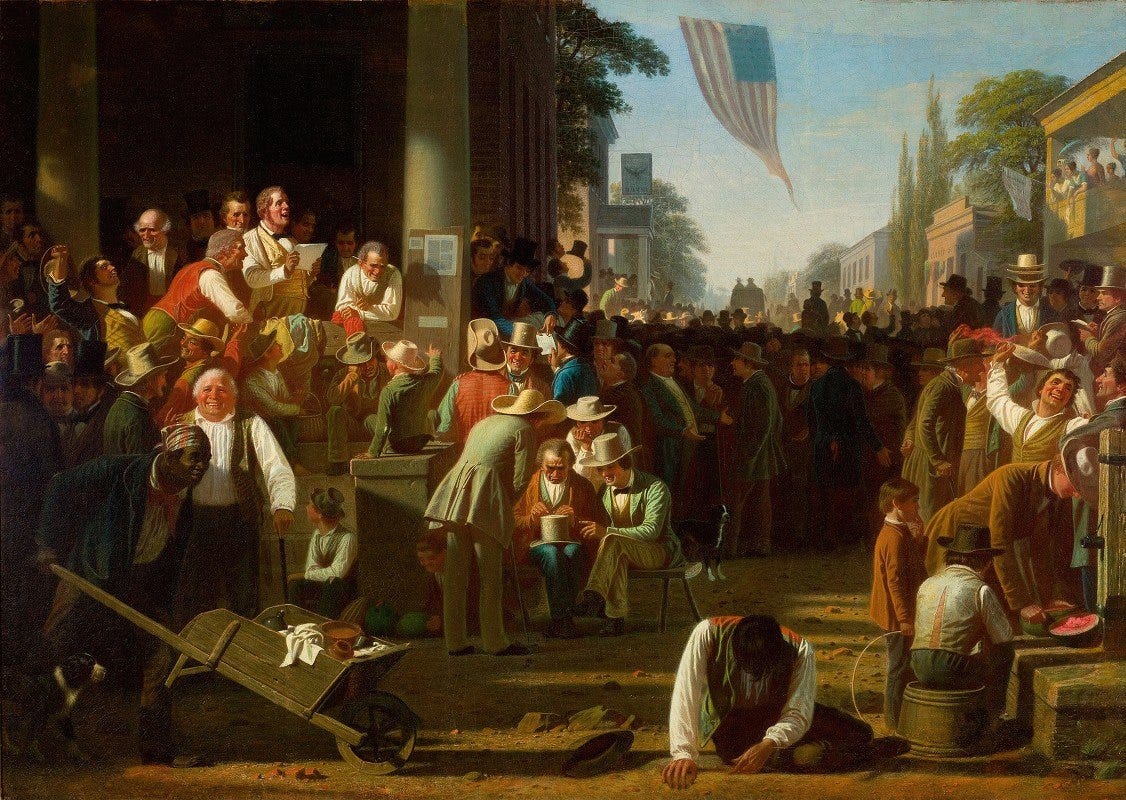Electing Officials By Lottery Can Save Democracy
We always say democracy is more than just voting. But it’s time to act like we mean it.
We’re excited to publish Part 2 of an essay by Sam Mace, a writer who recently completed writing his PhD in political theory. You can find Part 1 here. For more from Sam, you can follow him on Twitter and at his Substack, Theory Matters. To get more essays like Sam’s, our latest podcast episodes, and more, become a subscriber at Wisdom of Crowds.





